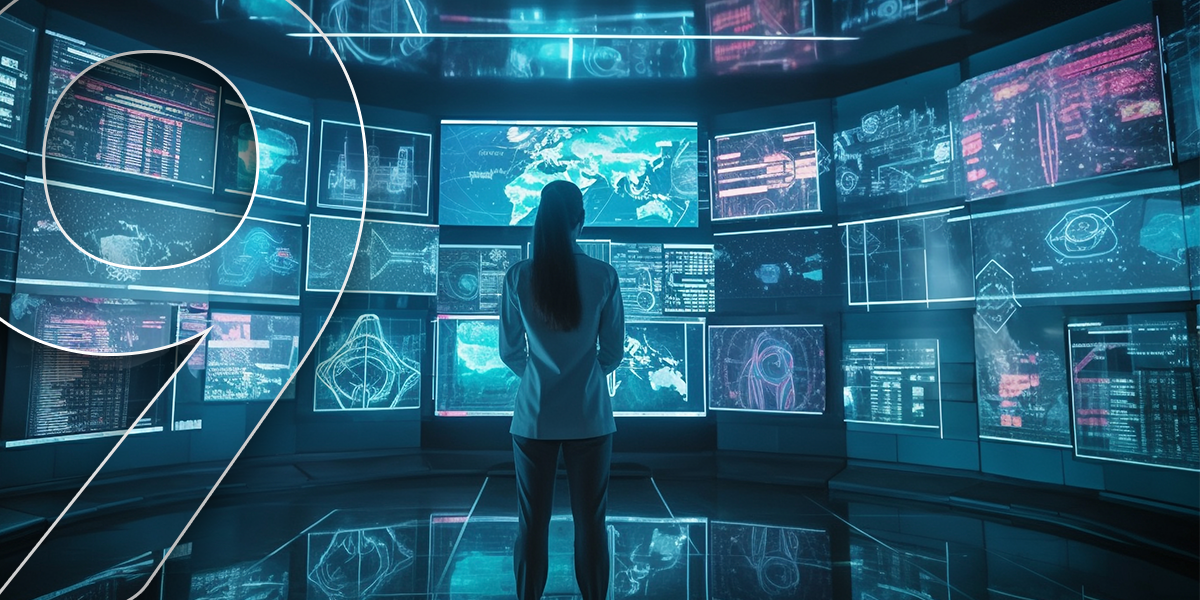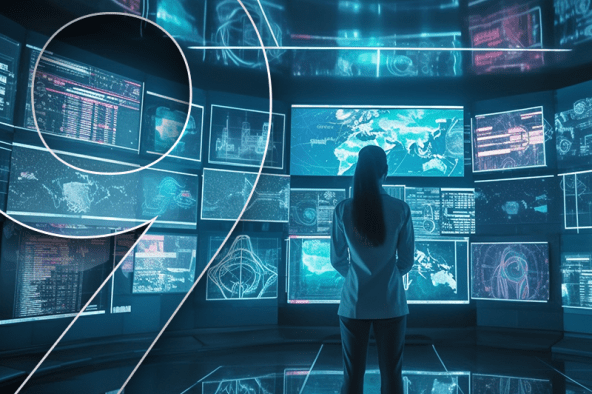
SEE
AI learns based on patterns it manages to extract from vast amounts of data. It is therefore not flawless, and these patterns can be inaccurate. That's why, when assisting with papers written by AI, it's a good idea to ask it about the sources of information from which it has prepared an answer for us, and check their reliability yourself.
Artificial intelligence can be a great support for us in our work and daily life, but in the wrong hands it can also become a great tool in troll farms and spreading fake news. With the development of more tools, we can't be sure that the information given to us are common facts and it creates answers based on them. It is enough to fill AI with biased data, the kind of data we want it to spread, despite questionable facts. It is necessary to pay close attention to this and assess the credibility of the information ourselves. When we are not sure about something, it is worth double-checking - ask for the source of the information, check it yourself and draw conclusions.
This is especially dangerous, because the source to which it will be referred might just as well be typewritten, too, and we'll get a little wrapped up in misinformation. The more time we spend checking in a few places, the more confident we are about their veracity or the legitimacy of their use.
C-Berg (GPT4) comments:
"Because artificial intelligence relies on analyzing huge data sets and identifying patterns, it can sometimes make mistakes. That's why it's worth paying attention to the sources from which AI draws its information and verifying their reliability yourself. Artificial intelligence can be an invaluable support, but inadequate use of its potential can lead to the spread of misinformation.
It is therefore crucial to develop a critical approach to AI-generated information. When in doubt about the content, it is worth asking questions about the source and analyzing it carefully. Verifying information with several independent sources increases our chances of assessing its veracity and legality.
Note that artificial intelligence can also generate content based on biased data, which can lead to misinformation and manipulation. Therefore, it is particularly important to develop the ability to assess the reliability of information and use AI responsibly and knowledgeably."









